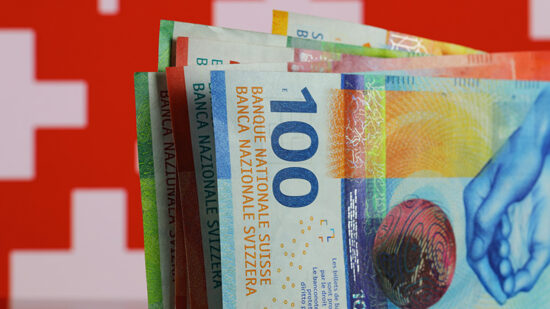In the investment trust’s half-year report, Train noted Burberry was down 25% from its 2017 peak, Sage down 22%, RELX 18%, Schroders and Hargreaves down 15% and Diageo nearly 12%.
“Some of the recent falls in our major holdings are already not trivial,” Train said.
The star fund manager rarely adds new positions to the investment trust, only initiating three in the last seven years.
He said: “Ten per cent declines are usually acknowledged as ‘corrections’, with anything at 20% or more down seen as a proper bear market. So some of these falls are getting interesting to us.”
In the next half-year period, 6% of the portfolio is likely to come back as cash due to bids for software company Fidessa and soft-drink business Dr Pepper, Train said.
Fidessa represented 3.5% of the portfolio and Dr Pepper Snapple 2.4% at the end of the reporting period on 31 March.
Train said he would have hesitated about where to aggressively deploy 6% cash within existing holdings at the start of 2018 and would have been forced to consider adding a new position to his portfolio.
“Today I’m not saying there aren’t new ideas that could be introduced to your portfolio, but I am saying that many existing holdings are looking compelling value to us again.”
Manchester United become the latest addition to the portfolio when Train bought shares last summer.
It now accounts for 1.6% of the investment trust’s portfolio.
Surprise outperformance
The investment trust, which held £1.2bn for the reporting period ended 31 March, returned investors 2.8% over six-months, compared to a 2.3% loss in the FTSE All Share.
Train said it is always a surprise when he outperforms the benchmark, but this was particularly notable for the last six-month period because the portfolio concentrates on quality assets, which are supposed to underperform during periods of rising interest rates, rising inflation and accelerating economic growth.
“If we are to underperform it does not appear to have begun yet, despite the fact that interest rates have duly gone up and commodity prices have been strong – certainly oil is up 23% over the period, with gains for gold and copper too,” Train said.
In March, Train downplayed claims his portfolios are full of bond proxies, saying he instead likes to consider his holdings as “undervalued growth” companies.







